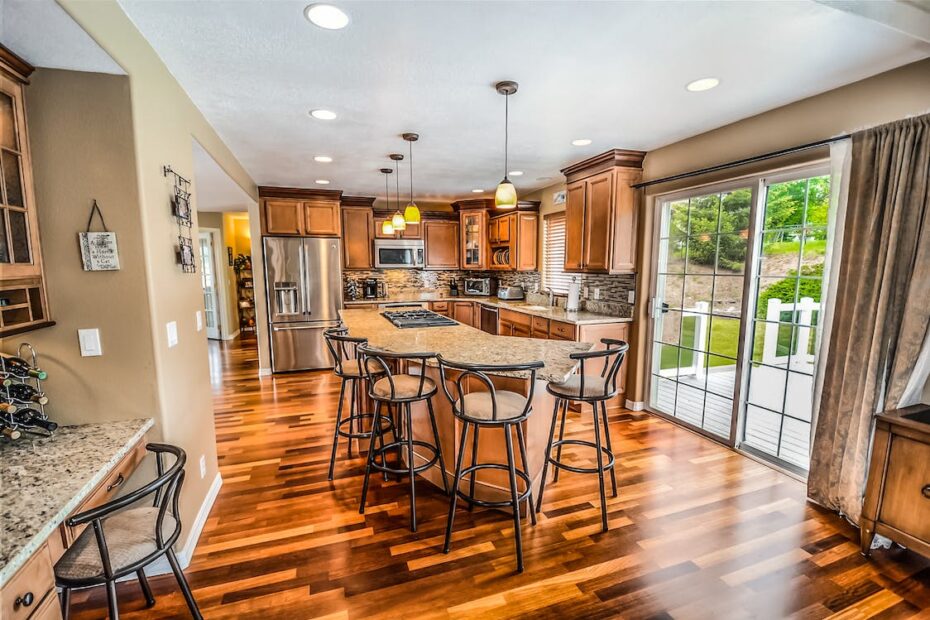Buying a new home can be an exciting yet nerve-wracking experience, especially when it comes to negotiating repairs after a thorough home inspection. In Lincolnton, North Carolina, homebuyers need to be equipped with the right knowledge and strategies to ensure a smooth negotiation process. To help you navigate this crucial step, we have compiled a list of essential dos and don’ts to follow when negotiating repairs after a Lincolnton home inspection.
Dos:
- Understand the Inspection Report: Start by thoroughly reviewing the home inspection report. Understand the issues highlighted by the inspector and prioritize those that are crucial for your safety, comfort, and long-term investment. This will help you separate major concerns from minor ones during negotiations.
- Seek Professional Advice: Consider consulting with a trusted real estate agent or a reputable home inspector before commencing negotiations. Their expertise can provide valuable insights and help you determine which repairs are reasonable to request from the seller.
- Prioritize Safety Hazards: Safety hazards, such as faulty electrical wiring or plumbing leaks, should be given top priority during negotiations. These issues directly impact the habitability and well-being of you and your family, making them essential points for negotiation.
- Request Repair Credits or Price Reduction: Instead of demanding the seller to make repairs, you can negotiate for repair credits or a price reduction. This allows you to have more control over the repairs, enabling you to choose your preferred contractors and ensure the work is done to your satisfaction.
- Consider Long-Term Maintenance: Take into account the long-term maintenance and upkeep of the property. Negotiate repairs for issues that could lead to costly repairs in the future, such as a leaking roof or an aging HVAC system.
Don’ts:
- Nitpick Over Minor Issues: Avoid nitpicking over every small issue identified in the inspection report. Focusing on minor repairs may strain the negotiation process and alienate the seller, potentially causing them to be less cooperative with important repairs.
- Expect a Brand-New Home: Understand that no home is perfect, and it is unrealistic to expect a seller to address every minor concern. Differentiate between cosmetic issues that can be easily fixed and those that require immediate attention.
- Be Unreasonable with Repair Requests: Be fair and reasonable with your repair requests. Overwhelming the seller with an extensive list of repairs, especially for minor issues, may lead to a breakdown in negotiations. Focus on the key concerns that impact the home’s functionality and safety.
- Overlook the Seller’s Perspective: Keep in mind that the seller may have their own financial constraints and limitations. While it is essential to advocate for necessary repairs, being understanding and open to negotiation can help facilitate a mutually beneficial agreement.
- Forget to Document Agreements: Once an agreement is reached, ensure that all repair requests and agreements are documented in writing. This documentation will serve as a reference for both parties and provide clarity on the agreed-upon repairs.
By following these dos and don’ts, you will be better prepared to negotiate repairs after a Lincolnton home inspection. Remember to approach the process with a cooperative mindset, focusing on the most critical issues while being considerate of the seller’s position. With effective negotiation, you can protect your investment and ensure a smooth transition into your new home.
